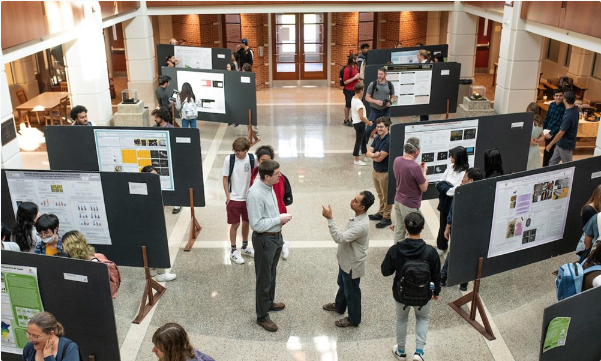Date of Award
5-2024
Document Type
Thesis
First Advisor
David Alvarez
Second Advisor
Erik Wielenberg
Third Advisor
Justin Glessner
Abstract
Suppose for the sake of the argument we are all living inside of a simulation, is that a problem? Nick Bostrom, a Swedish philosopher has proposed the question of whether we are living in a simulation. Philosophers in the past have grappled with this concept, from Plato to George Berkeley. This concept is also readily seen in movies such as “The Matrix" which is a science fiction film that explores the concept of a simulated reality. In the story, humans live in a simulated world created by sentient machines to distract and control them, while their physical bodies are used as an energy source. The idea of a simulated reality raises philosophical questions about the nature of existence, perception, and reality itself. For this paper, I will start with summarizing Nick Bostrom's argument. Then, I’ll explore some of the implications which he mentions, such as questions of reality, the afterlife and God and the problem of evil. Lastly, I will explore the ethical implications of the simulation. Our hypothesis is that we are not living in a simulation, but that we could, in the future, create one. However, I also argue that we should not create one, regardless of the benefits because of the effects it will have on the intrinsic value of humans.
Recommended Citation
Graham, Michell-Lee '24, "Beyond the Matrix: Navigating the Implications of Nick Bostrom's Simulation Hypothesis on Reality and Existence" (2024). Honor Scholar Theses. 234, Scholarly and Creative Work from DePauw University.
https://scholarship.depauw.edu/studentresearch/234


